Alphabet Recognition Normal Tracing Letters Worksheets for Ages 3-7
21 filtered results
-
From - To
Introduce your child to the world of letters with our "Alphabet Recognition Normal Tracing Letters Worksheets" designed for ages 3-7. These engaging sheets help children learn and recognize each letter through fun and interactive tracing activities. Perfect for preschool and early elementary learners, our worksheets enhance fine motor skills, letter identification, and writing readiness. Watch their confidence soar as they successfully trace and identify the alphabet from A-Z. Ideal for teachers and parents, these printables simplify learning and make it enjoyable. Start your child’s literacy journey today with these essential educational tools!
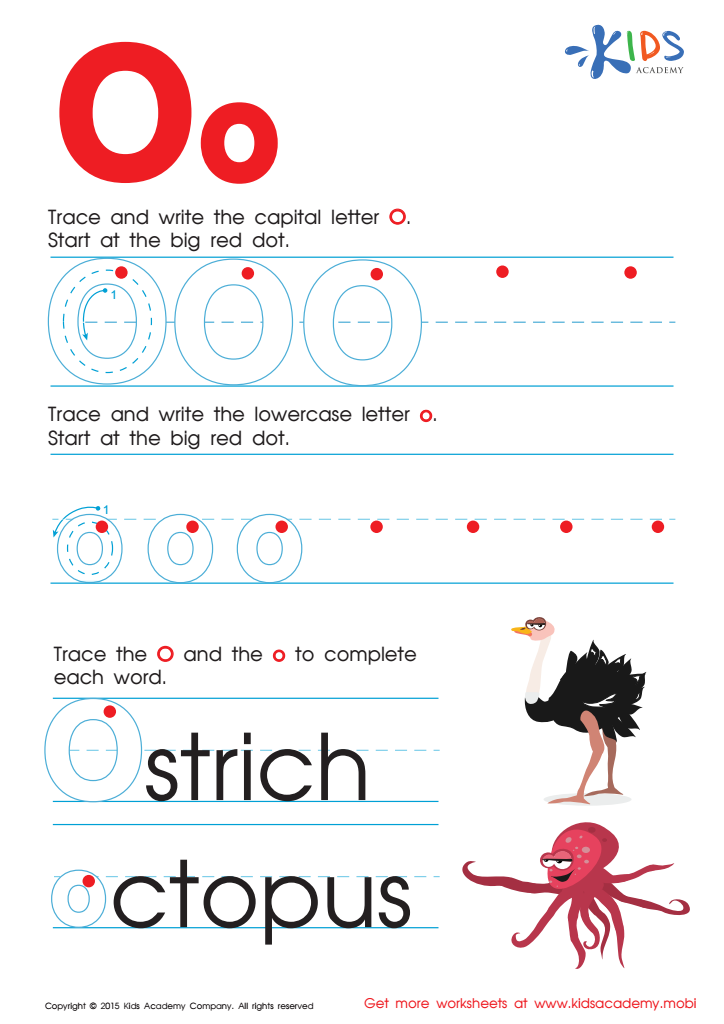

Letter O Tracing Page
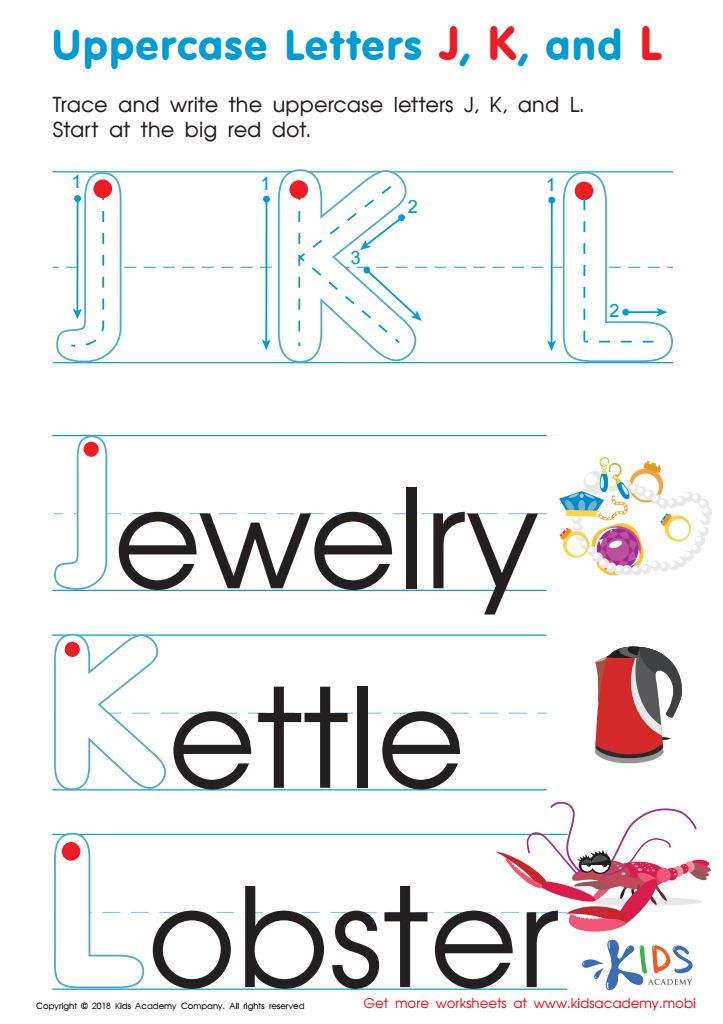

Uppercase Letters J, K, and L Worksheet
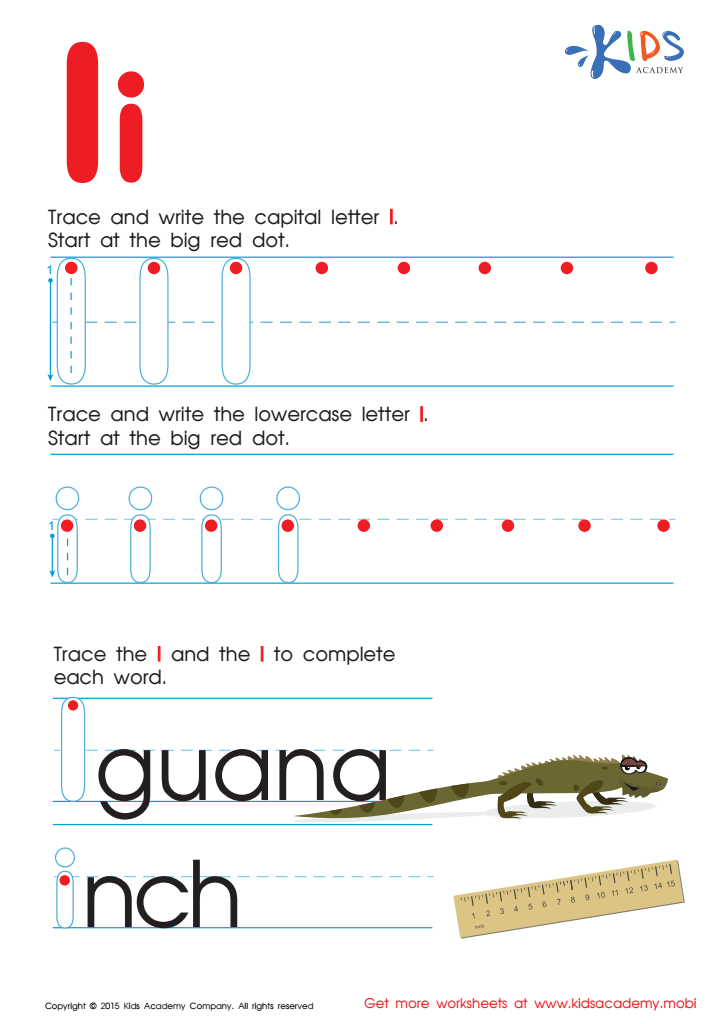

Letter I Tracing Page
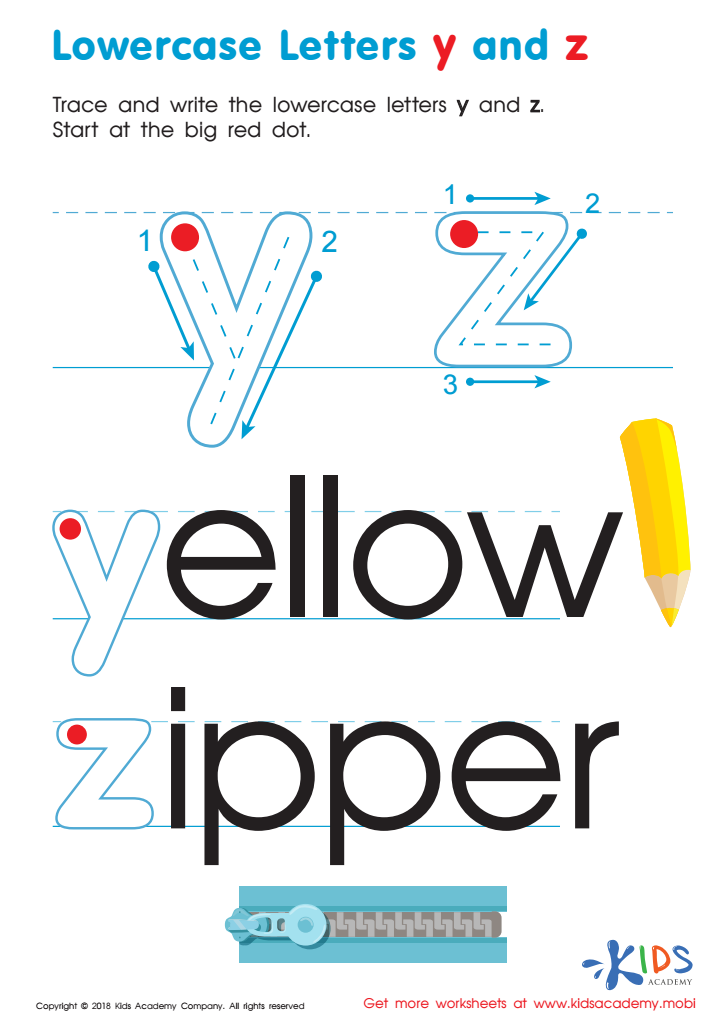

Lowercase Letters y z Worksheet
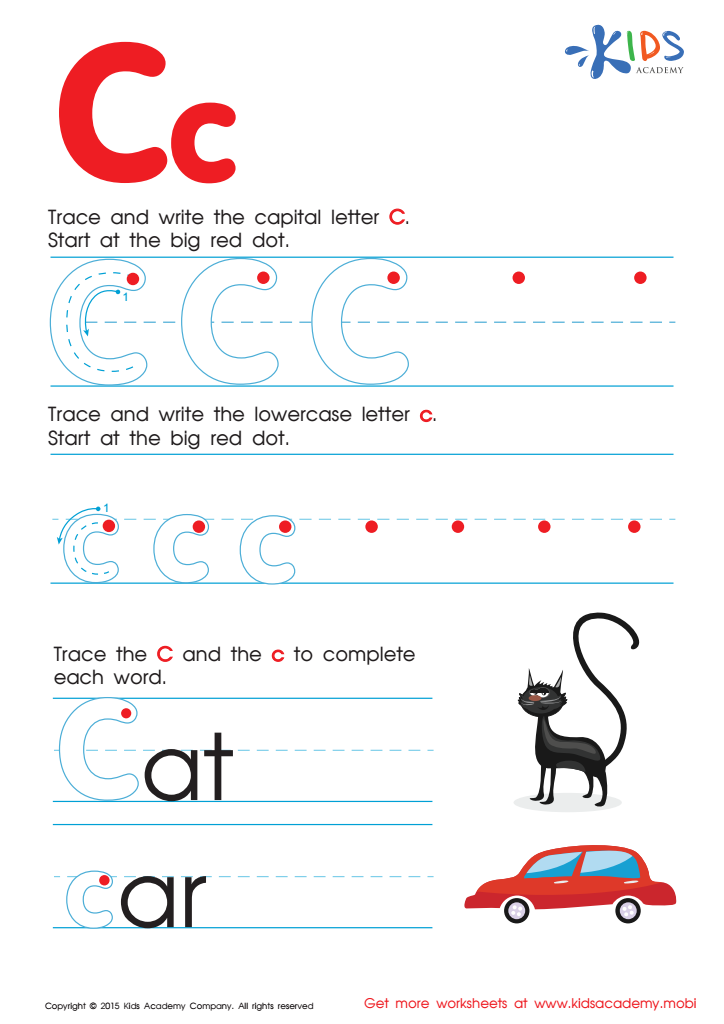

Letter C Tracing Page
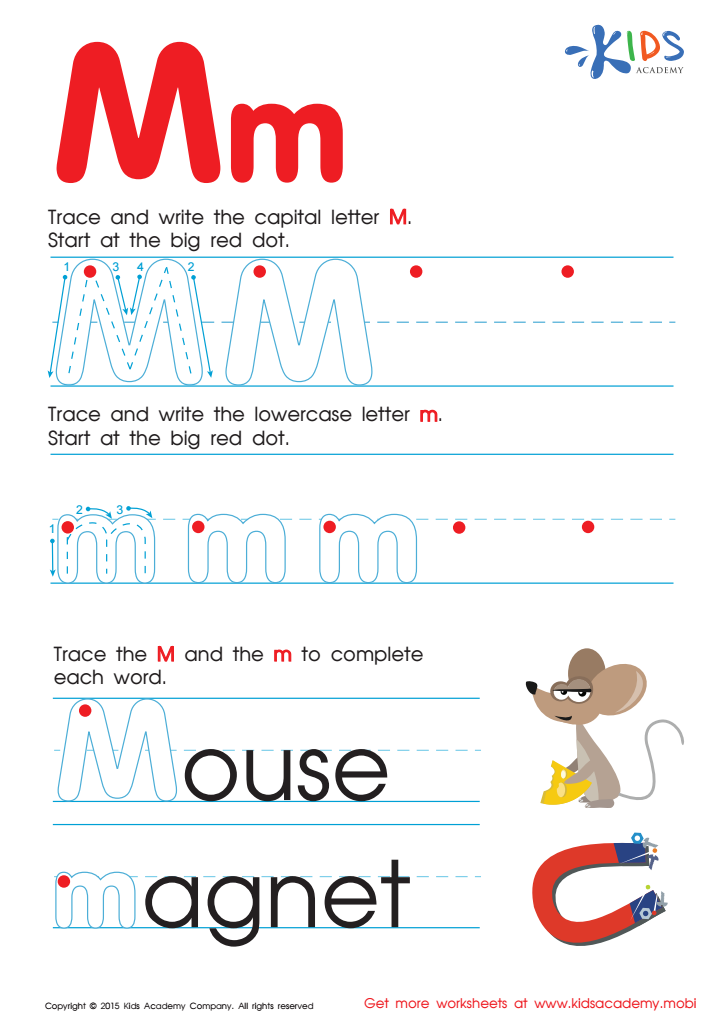

Letter M Tracing Page
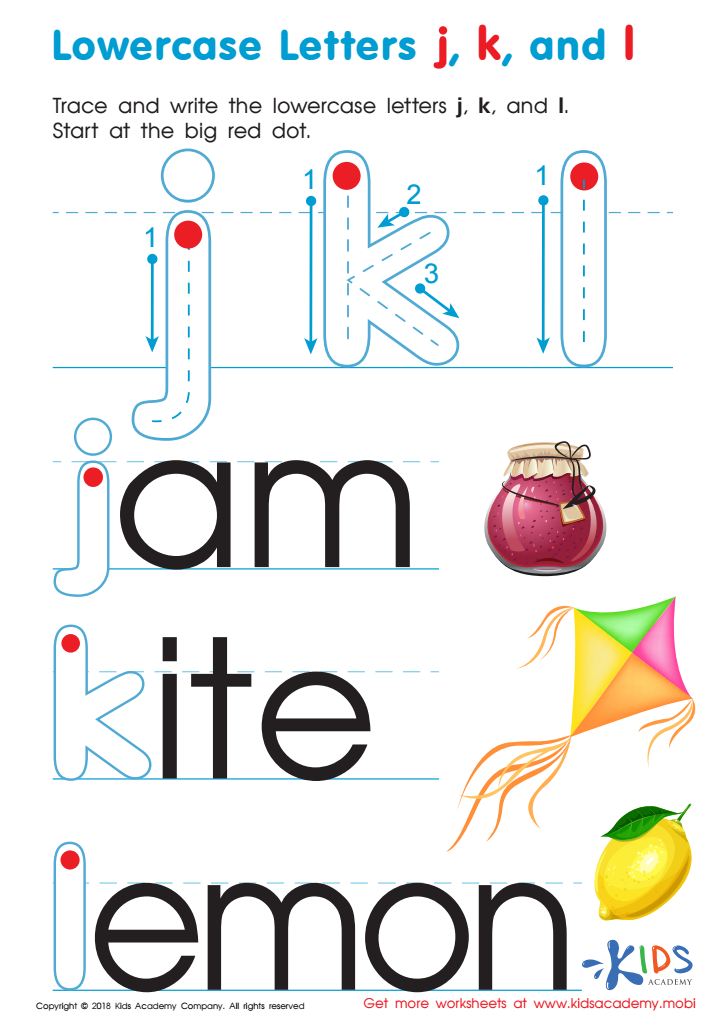

Lowercase Letters j k l Worksheet
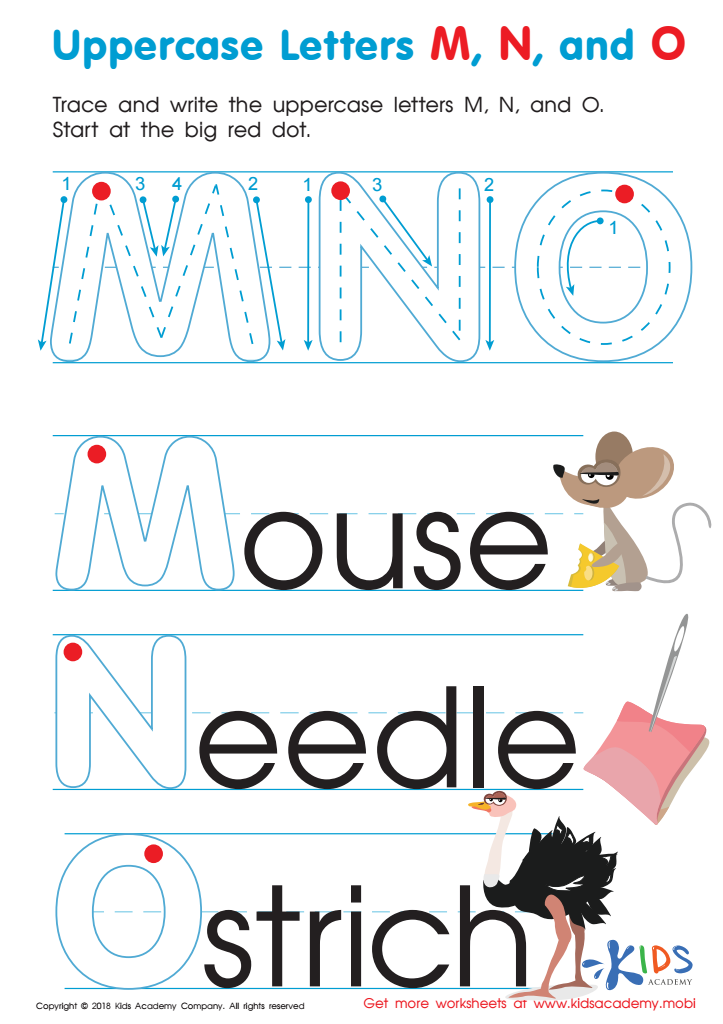

Uppercase Letters M, N, and O Worksheet
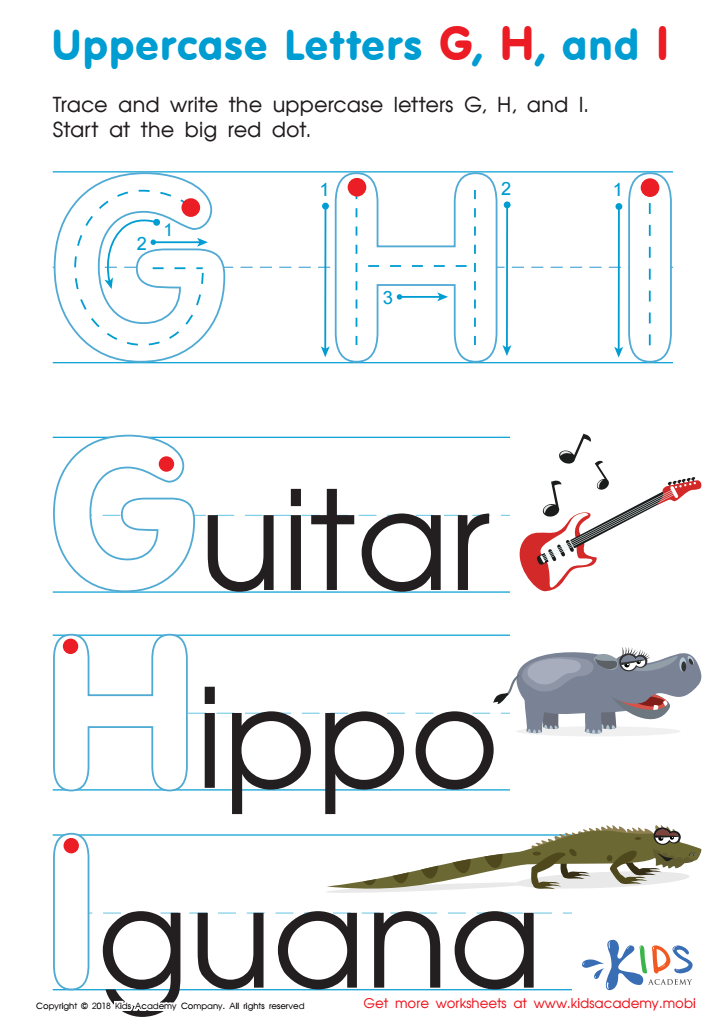

Uppercase Letters G, H, and I Worksheet
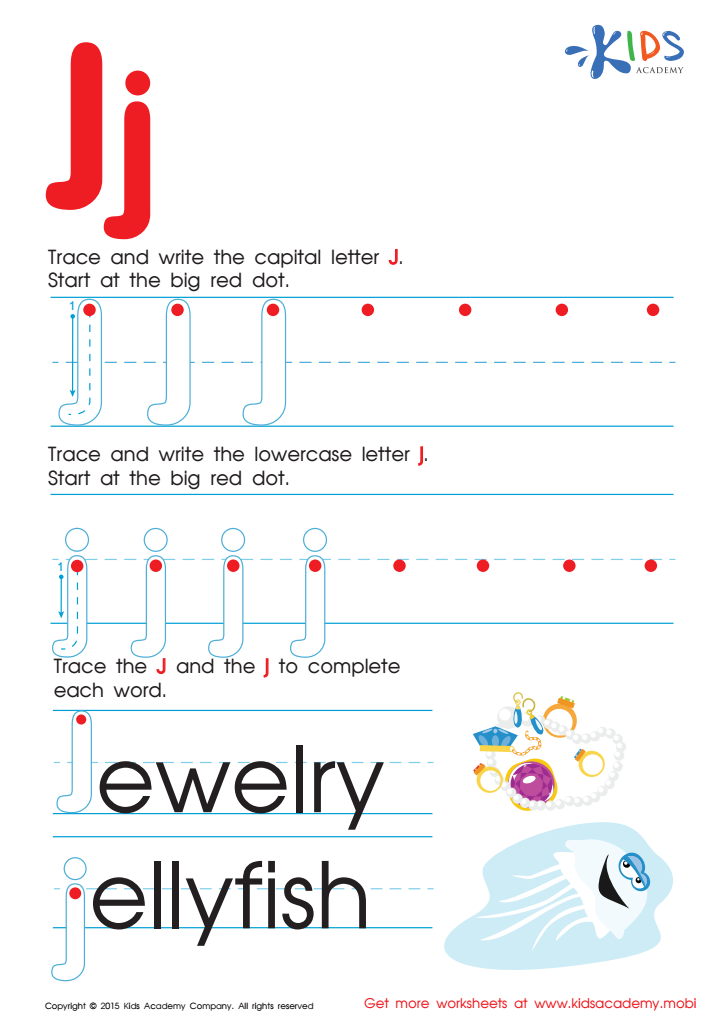

Letter J Tracing Page
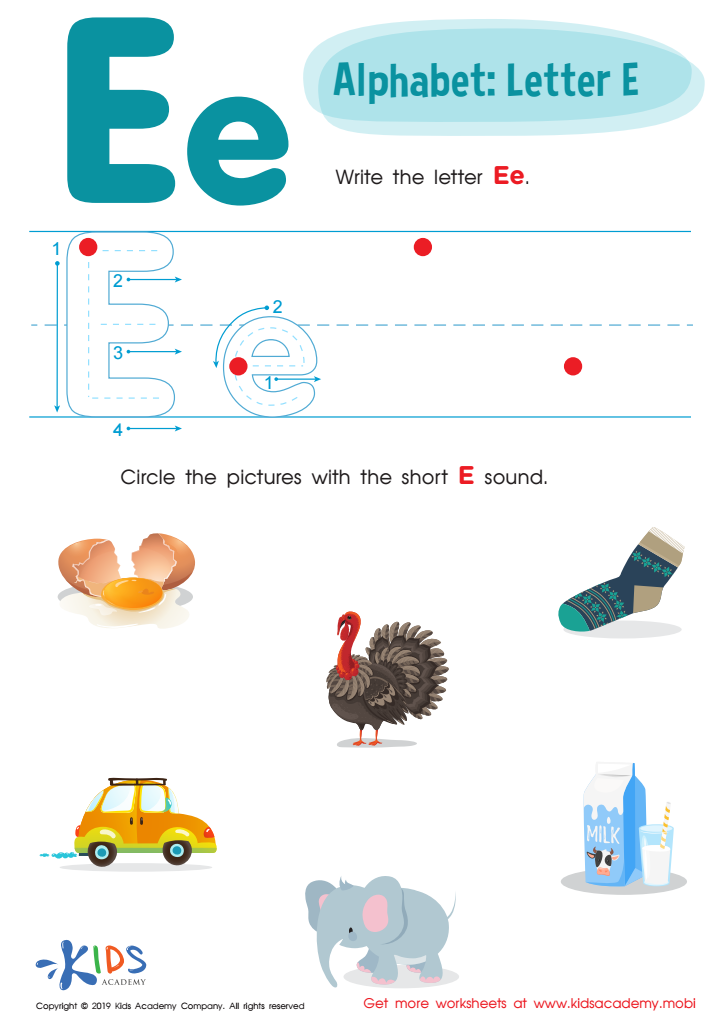

Letter E Tracing Worksheet
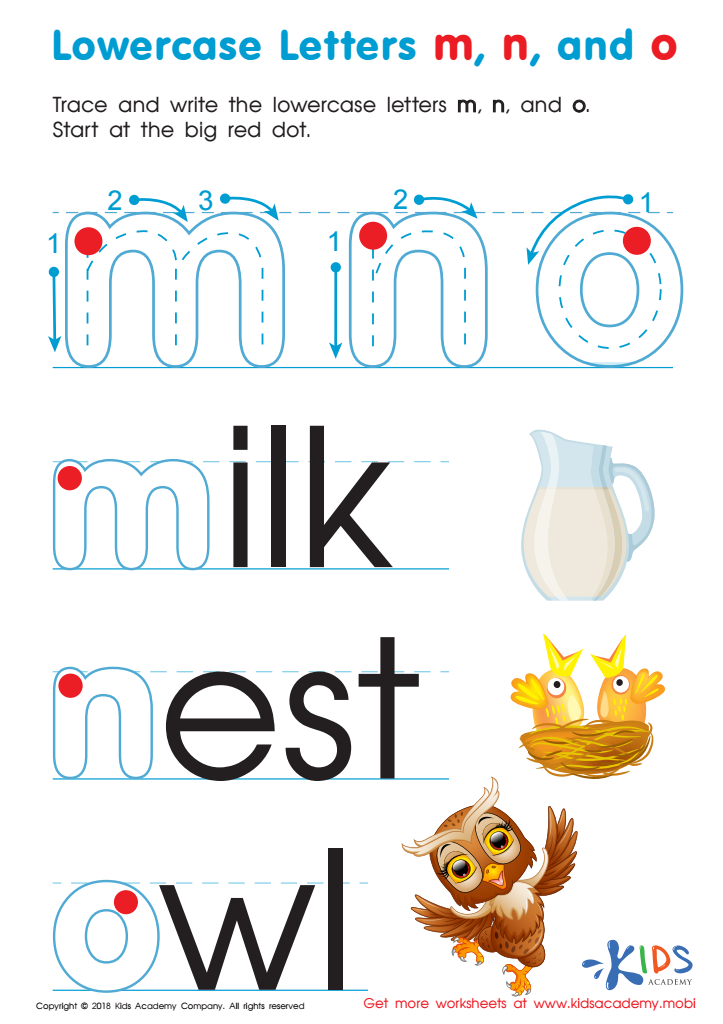

Lowercase Letters m n o Worksheet
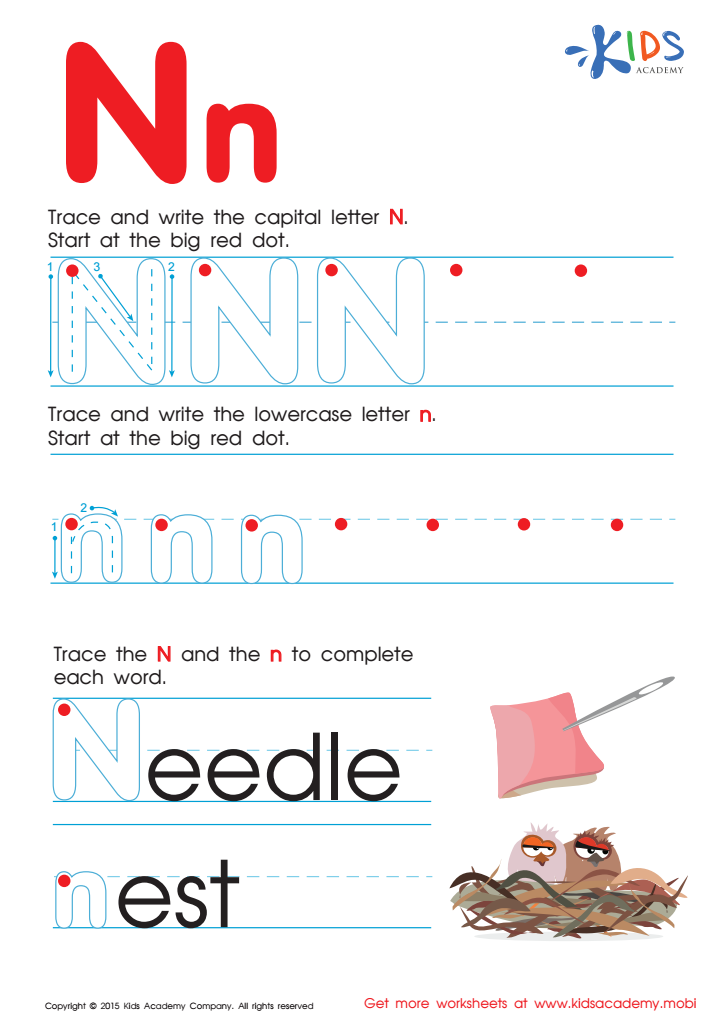

Letter N Tracing Page
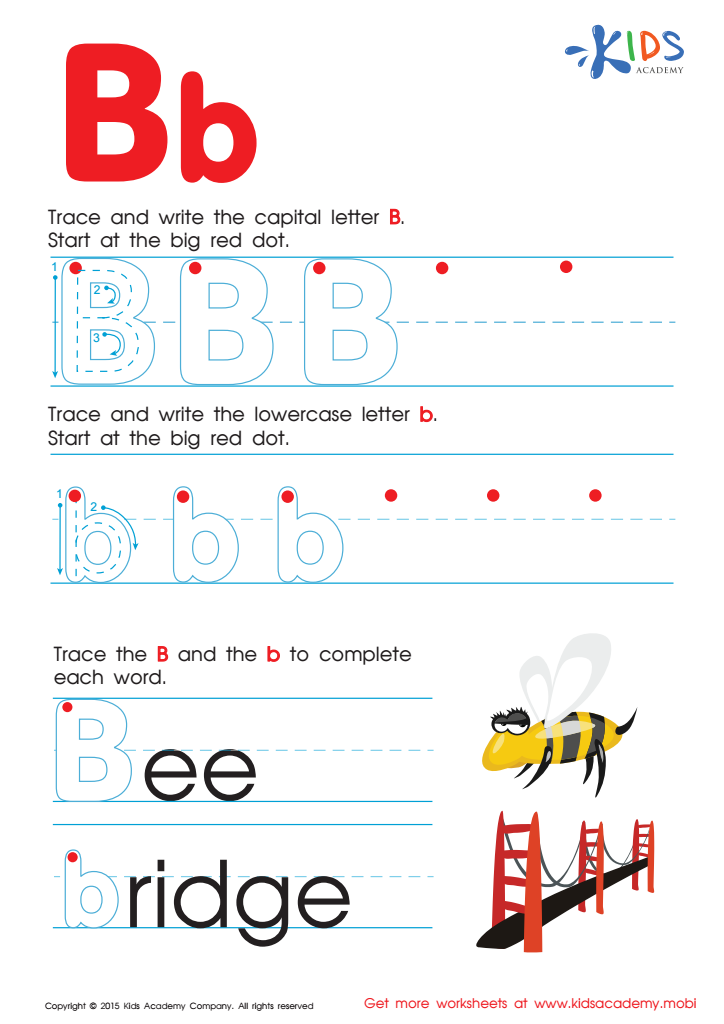

Letter B Tracing Page
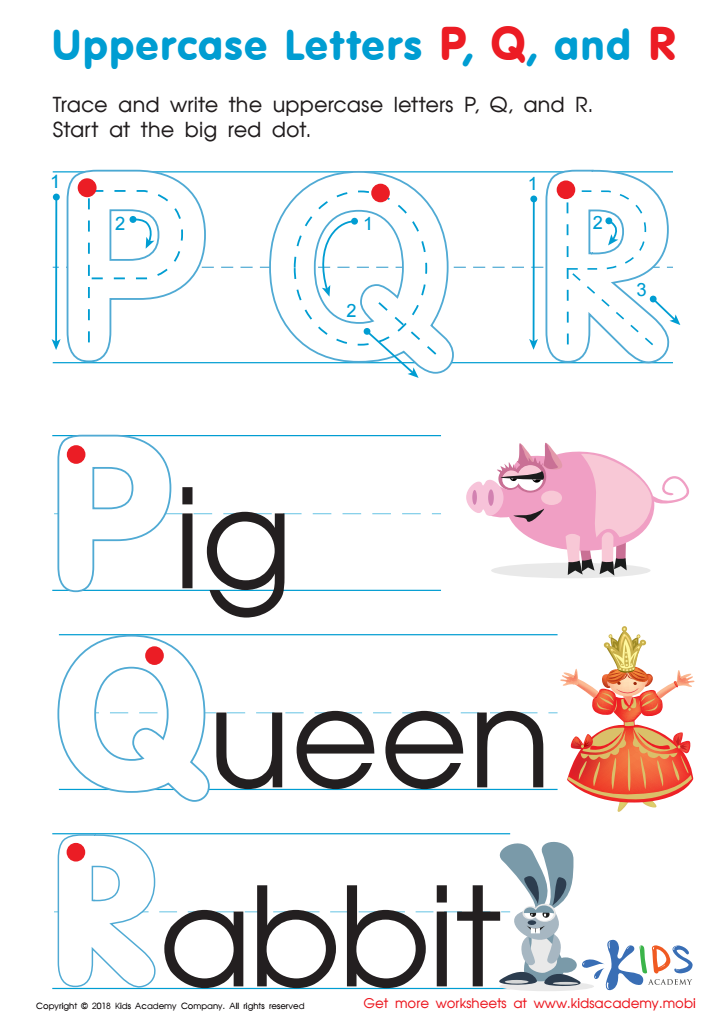

Uppercase Letters P, Q, and R Worksheet
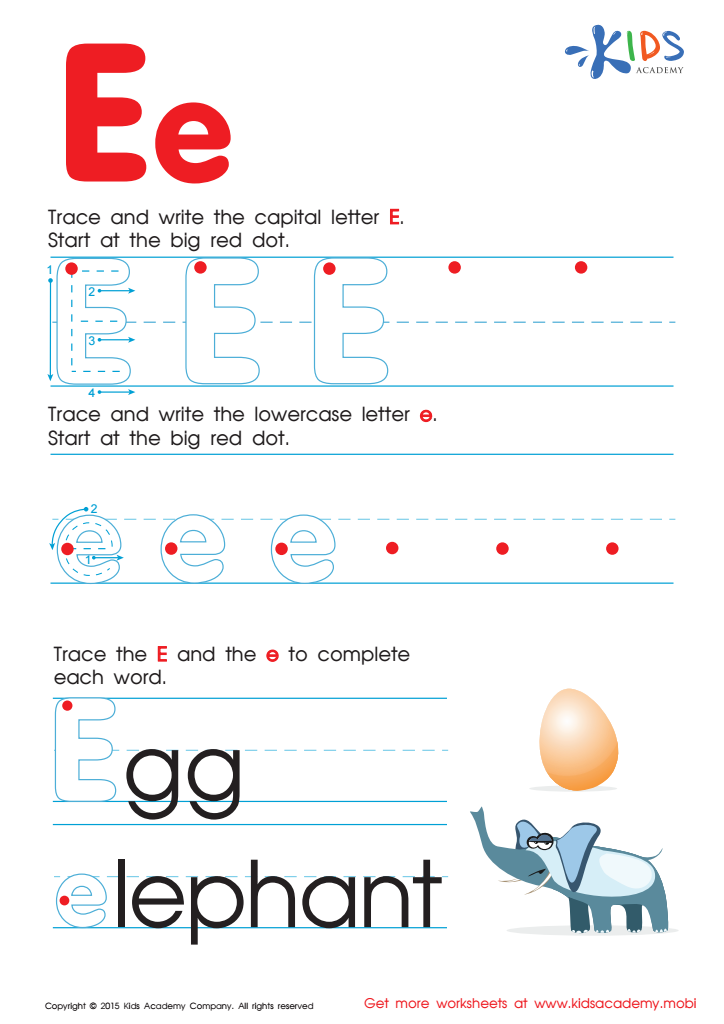

Letter E Tracing Page
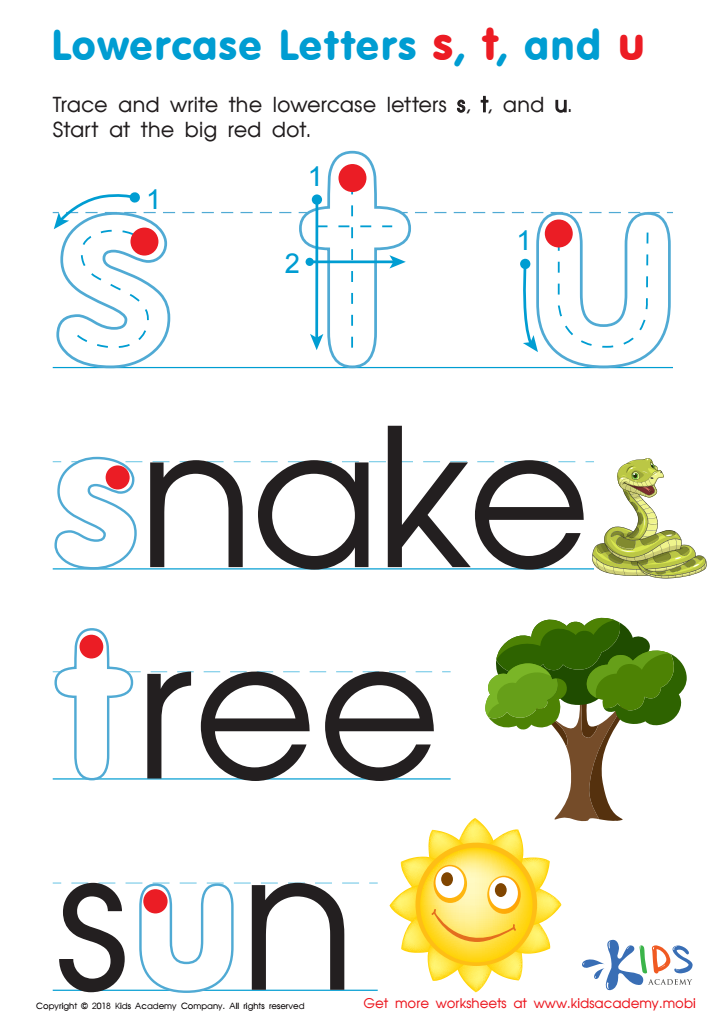

Lowercase Letters s t u Worksheet
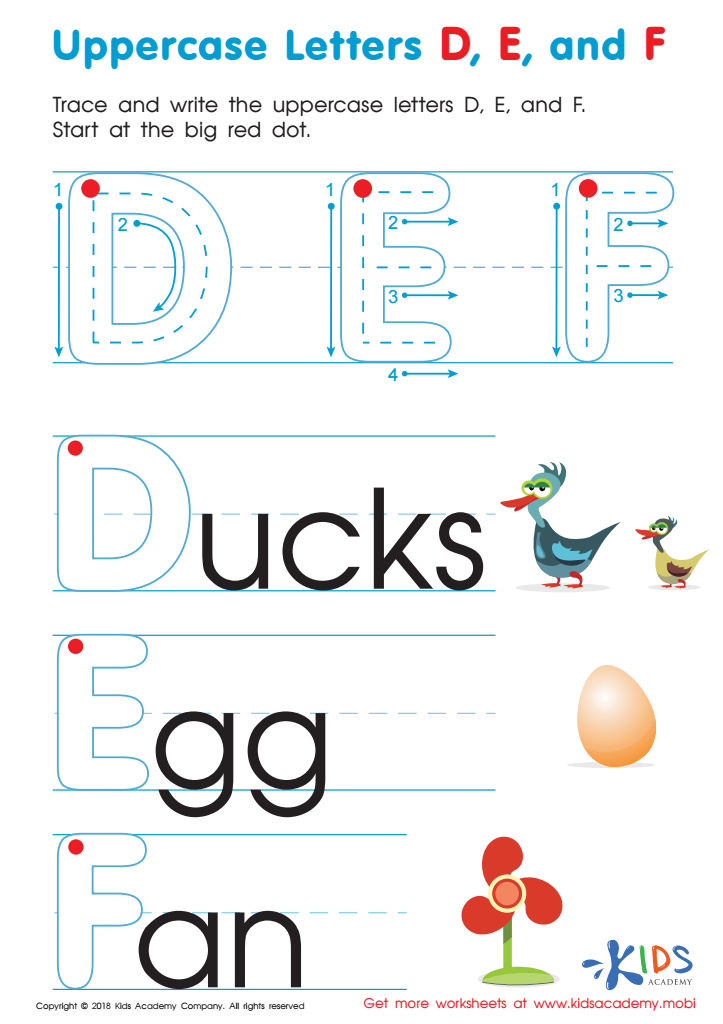

Uppercase Letters D, E, and F Worksheet
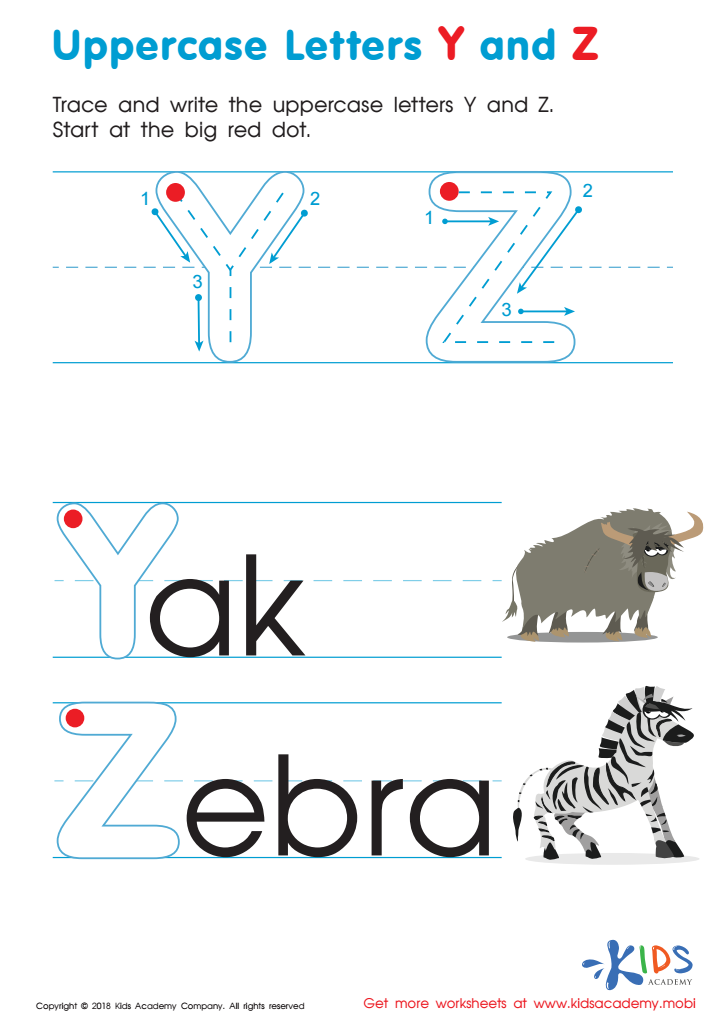

Uppercase Letters Y Z Worksheet
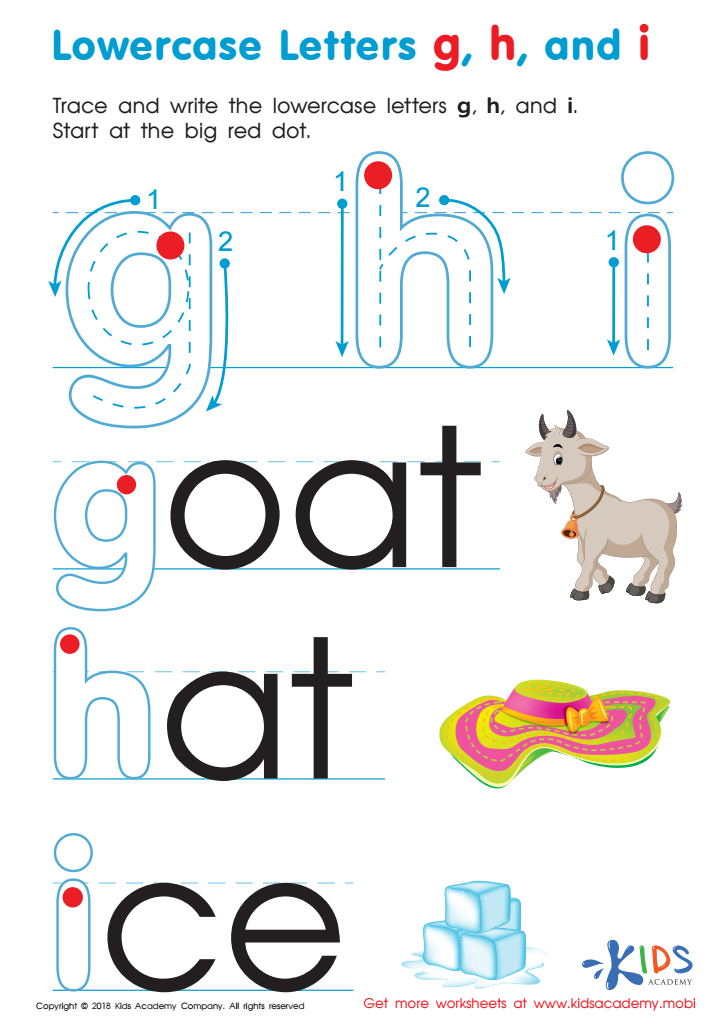

Lowercase Letters g h i Worksheet
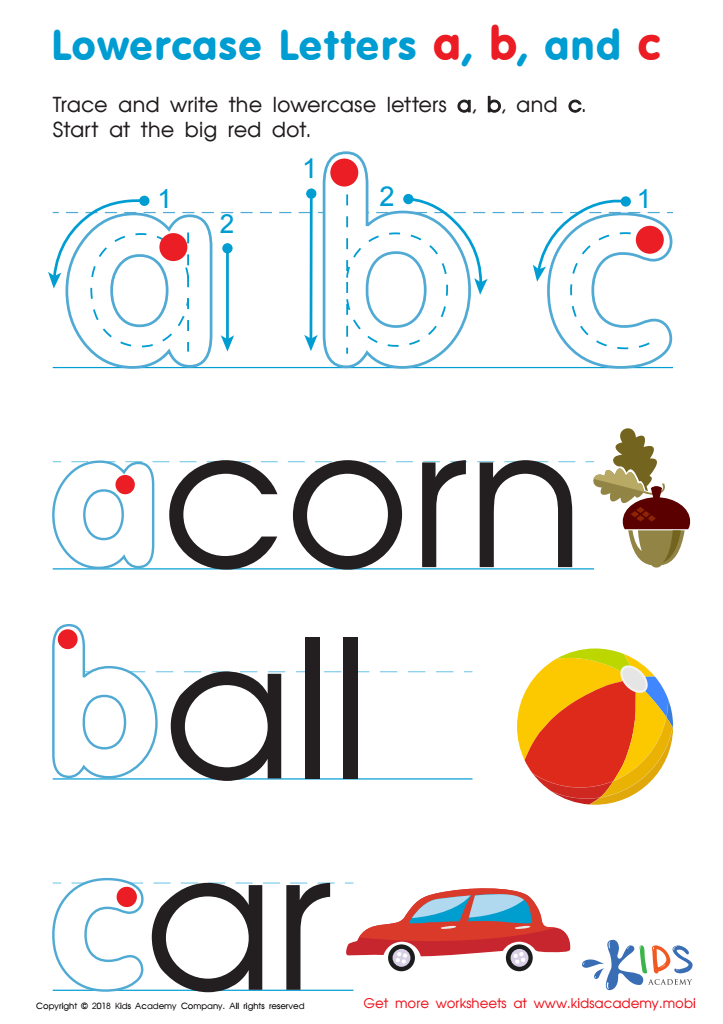

Lowercase Letters a b c Worksheet
Alphabet recognition and the ability to trace letters are fundamental skills for children ages 3-7, forming the cornerstone of early literacy and education. Parents and teachers should prioritize these activities to build a strong foundation for future academic success.
Firstly, alphabet recognition equips children with the ability to identify and name letters, both uppercase and lowercase, which is essential for reading and writing. Recognizing letters effortlessly allows children to decode words, improving their reading fluency and comprehension over time.
Tracing letters, on the other hand, is crucial for developing fine motor skills. As children practice tracing, they enhance hand-eye coordination and the motor control needed for writing. This practice helps them learn to form letters correctly, leading to better handwriting legibility and speed.
Together, these activities foster a deeper understanding of the written language. They lay the groundwork for phonemic awareness, helping children connect letters to their corresponding sounds—a critical step in learning to read.
Moreover, early exposure to these skills nurtures a child’s confidence and encourages a love for learning. When children enter formal education with a solid grasp of alphabet recognition and letter formation, they are better prepared, which leads to enthusiasm and eagerness in their academic journey.
Investing time in teaching these foundational skills paves the way for lifelong literacy and a positive educational experience.
 Assign to My Students
Assign to My Students















